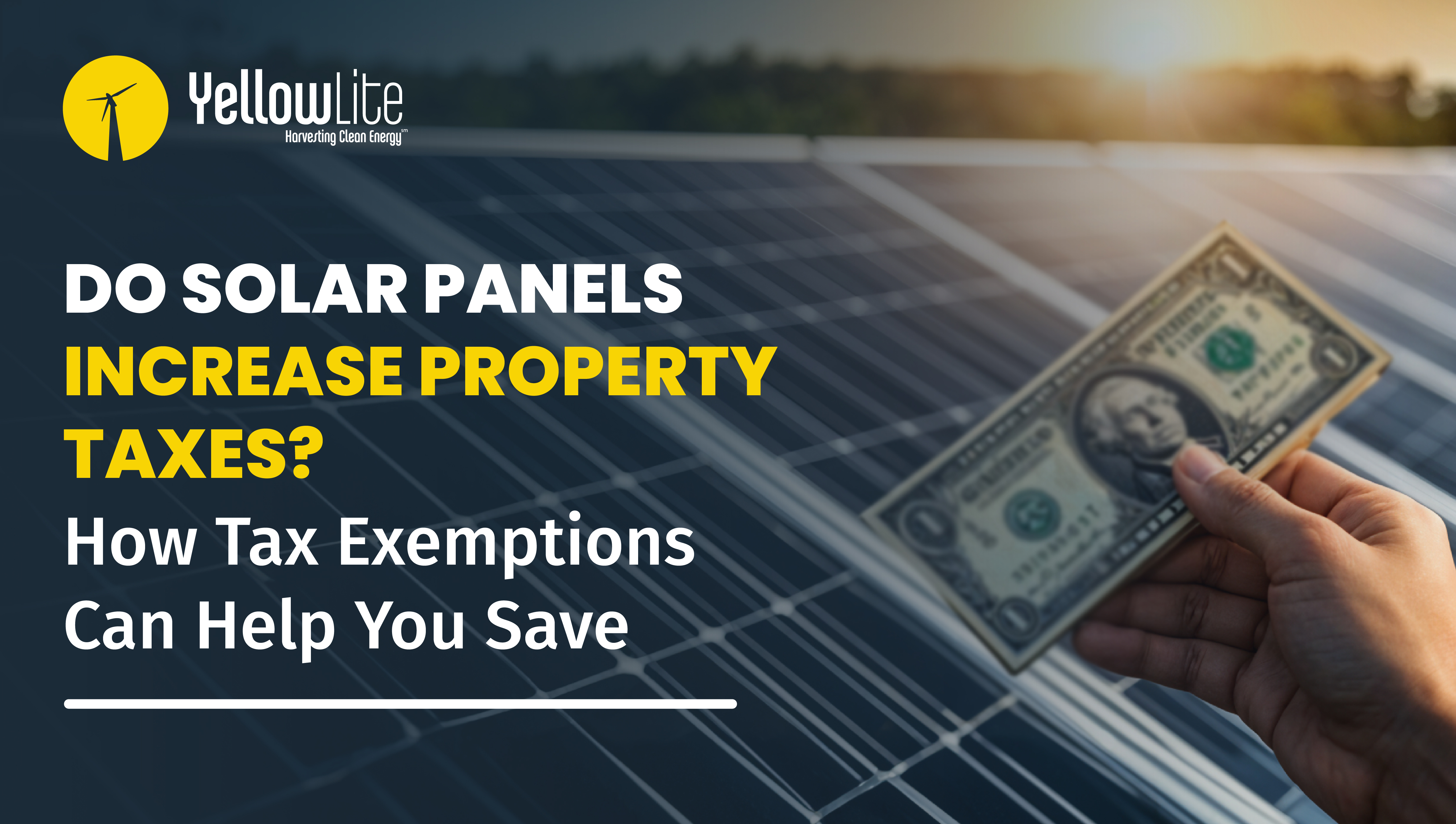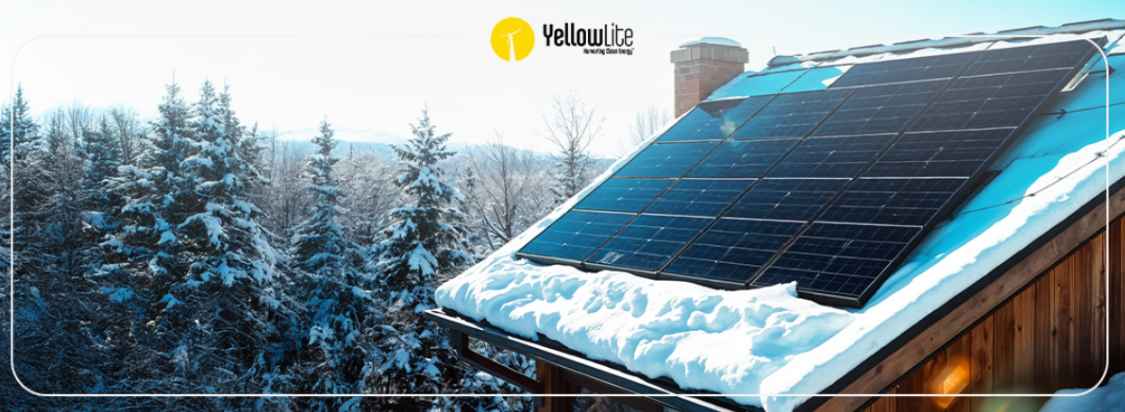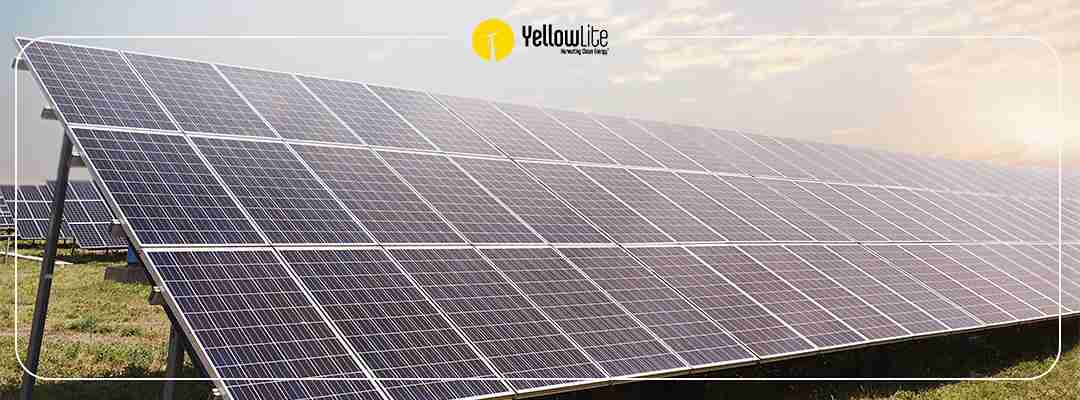Incorporating solar panels into your home or work is a big decision. Knowing the facts about solar energy can help you make informed decisions. Fortunately, many interested in a solar setup have some of the same questions. So let’s answer the most frequently asked questions about solar panels.
What Is Solar Energy?
The energy that the sun produces is truly astounding. As technology has advanced, it can be changed into thermal or electrical energy. How is this accomplished? According to the Department of Energy, “Solar technologies convert sunlight into electrical energy either through photovoltaic (PV) panels or through mirrors that concentrate solar radiation. This energy can be used to generate electricity or be stored in batteries or thermal storage.”
How Much Do Solar Installations Cost?
Solar panel installations vary from state to state. Consumer Affairs report that the starting cost for 6-kW system* in Ohio is $14,400 and $17,460 in New Hampshire. While this might sound expensive, there are tax incentives and credits available. The amount of energy used in the home or business can also determine the cost. Consult with a local reputable solar installer to get the specifics for your project.
How Long Will The Solar Power System Last?
A solar power system should last 30-40 years. Typically a battery’s longevity can be up to ten years. Those stats must be comforting as the country is nearing three million installations.
Is a Roof Mounted Installation Better Than A Ground Mount?
One option is not better than the other. If your property has ample room, a ground mount might be the ideal choice. On the other hand, if you are looking to save space and the roof is in the proper condition, a roof mount installation can be the way to go. Again, a good local installer can help you determine the best choice for your setup.
Do Solar Panels Only Work In Very Sunny Conditions?
Days that are cloud-free when the sun is brightly shining are great for optimal energy production. But that does not mean that energy is not being collected on overcast days. As long as there is light in the sky, solar panels will be able to produce electricity. Even on cloudy and snowy days, solar panels continue to produce power. Solar Energy Industries Association (SEIA), says that rainy days help solar panels by washing dirt and other pollutants free from the installation.
If you would like more information or have any further questions, reach out to the knowledgeable team at Yellowlite. We have successfully installed hundreds of solar panels and are ready to install your project!



